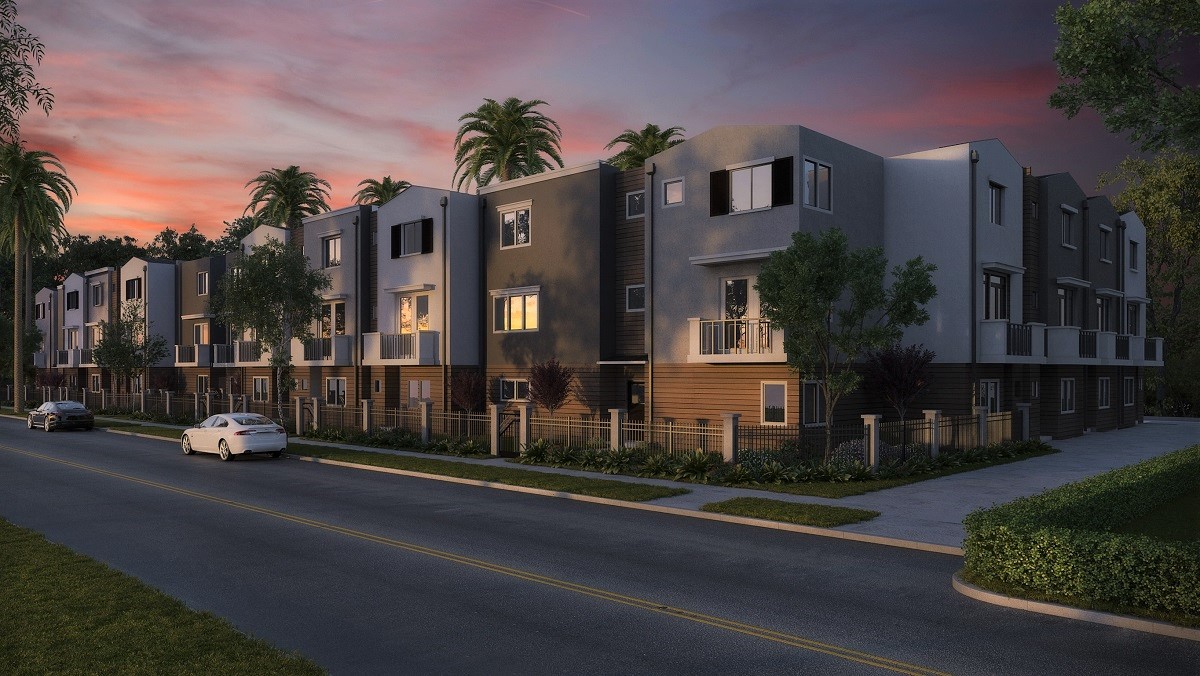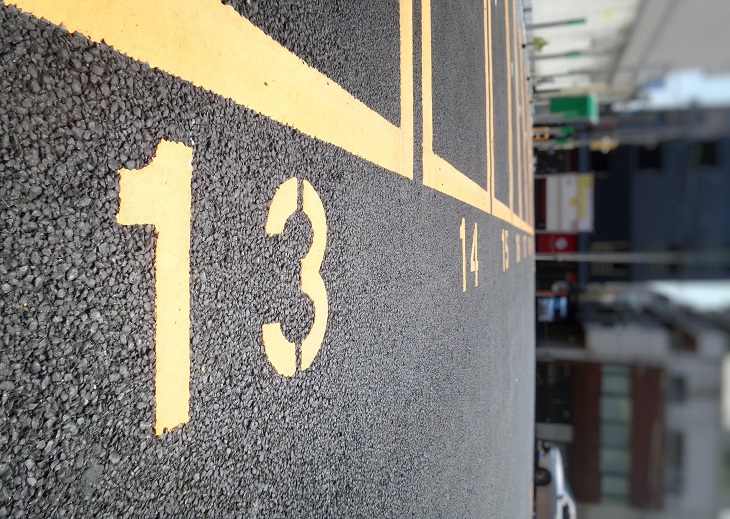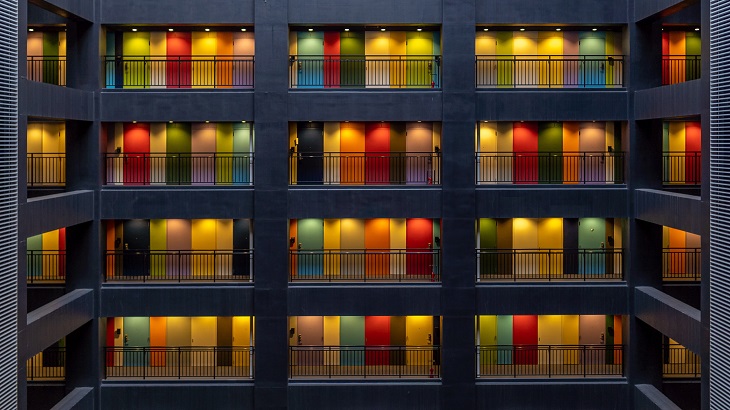Can I Use My Disabled Parking Permit In Any Resident Parking Bay?

Many Americans avail of their home state’s disabled parking program. While specific disabled parking rules and regulations vary somewhat from state to state, every disabled permit holder in the country is entitled to park in any designated disabled parking space. And in most jurisdictions, permit holders are allowed to park in metered, on-street spaces for free and for extended time periods. As well as this, most private car parks and parking garages cater to disabled parking permit holders.
One question that can cause some confusion for people is: can I use my disabled parking permit in any resident parking bay? Do the rules for on-street parking bays apply to residential parking bays also?
As mentioned previously, many (but not all) jurisdictions allow disabled permit holders to use on-street spaces for free and for longer periods of time. But does this privilege extend to residential parking spaces? Does a disabled permit entitle its holder to use any residential parking space they find?
The short answer to this question is no. A disabled parking permit does not entitle its holder to park in just any residential space. This is because many residential spaces are owned or leased by a specific person or address that has paid for the privilege of having sole custody of that space.
But there are plenty of interesting caveats to this situation, and the specifics vary from state to state. Using another person’s residential parking bay may not an option, but getting your own residential parking bay is a very good idea.

First Things First: How to Get a Disabled Parking Permit
When getting a residential parking bay, there are advantages to already being the holder of a disabled parking permit. So getting your handicap parking placard or license plate is the first step. The process of getting a disabled permit varies state by state, but the core of the procedure is very similar everywhere.
Firstly, you will need to find out your state’s list of qualifying medical conditions. These qualifying conditions are very similar in all states and they almost always include: not being able to walk more than 200ft without needing to stop to rest; not being able to walk without the aid of another person or an assistive devise such as a wheelchair, cane, brace, or crutch; having a heart condition classified Class III or IV by the American Heart Association; having lung disease; requiring the use of a portable oxygen tank; or having a neurological, arthritic, or orthopedic condition.
If you have a qualifying disability, you then consult with a medical professional. This is best done online. The medical professional will fill in an application form, which you simply submit to either your local Department of Motor Vehicles or tax collector’s office.

How to Get a Resident’s Parking Bay
The availability of resident’s parking bays differs quite markedly in different towns, cities, and jurisdictions. A lot depends on the available space in a specific area.
The Fair Housing Act states that building owners must provide “reasonable accommodations” for owners and tenants with disabilities. Most apartment buildings and condo complexes have resident parking available. Many resident parking lots do not have assigned spaces, so in these lots, a disabled driver may park in any space, or get their own allocated disabled space.
According to the Fair Housing Act, a minimum of 2% of the total parking spaces assigned to an apartment or condo complex must be accessible to disabled people. If a disabled driver needs extra space either side to access their vehicle, the residential bays must be redrawn in order to provide this access.
Many jurisdictions, such as the city of Chicago, operate a Residential Disabled Parking scheme. This scheme enables disabled drivers who do not already have the option of a residential parking bay for their address to pay to reserve a parking space near their home for their private use. This is only offered to people who hold a valid disabled permit and who have no access to off-street residential parking.
It is possible to change your resident’s parking space into a disabled space. But it is recommended that you instead label the space with your name, because if it is a disabled parking space, this means that any disabled permit holder may use it.
Between off-street residential parking and the on-street Residential Disabled Parking scheme, most disabled drivers can procure themselves a resident’s parking bay. But for some disabled drivers in certain jurisdictions, residential parking is not available. If you are one of these people, you will need to become aware of your nearest public disabled parking bays. It would be wise to canvas your local authorities to introduce some version of the Residential Disabled Parking scheme.
So, in summary, it is not possible to use your disabled parking permit in just any resident parking bay, as some are privately owned or rented. But the majority of disabled drivers across the country are well catered for by off-street residential parking and the Residential Disabled Parking scheme.